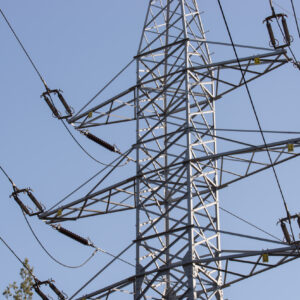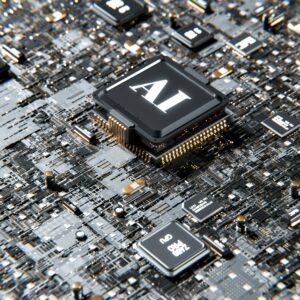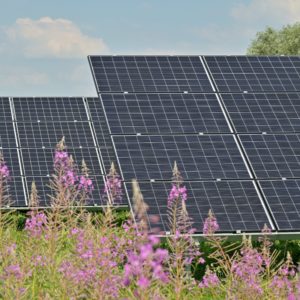Artificial intelligence is changing the world at an incredible pace. From automating tasks to generating human-like conversations, AI is becoming an essential tool in nearly every industry. However, many people don’t realize that AI consumes a massive amount of electricity.
Author: Lika Kobeshavidze
Silicon, Graphene, and the Future of Energy-Efficient Computing
Computers are consuming more power, generating more heat, and demanding greater efficiency than silicon alone can provide. Now, the industry is seeking alternatives, and one material stands out as a potential game-changer: graphene.
Chips and Climate: The Semiconductor Industry’s Role in Reducing the Green Premium
Beyond consumer electronics, these chips enhance economic efficiency and reduce environmental impact. They drive advancements in electric vehicles (EVs), smart grids, and energy expansion, making them an essential tool for sustained economic growth and technological progress.
The Semiconductor Boom Is a Massive Energy Consumer—Can Innovation Save Us?
In a world increasingly driven by artificial intelligence, cloud computing, and high-performance chips, semiconductors have become the foundation of modern life. They power everything from smartphones and self-driving cars to the AI models transforming industries.
Five of the World’s Leading Fusion Energy Technologies
Only recently has fusion achieved net energy gain—producing more energy than it took to initiate. However, recent advancements and increasing private investment have sped up progress, making fusion seem closer to reality than ever before.
Localizing Clean Energy: How Community Projects Are Driving the Energy Expansion
Community-driven clean energy projects often address local problems more effectively than big corporations or governments can. In Taos, New Mexico, Kit Carson Electric Cooperative improved an unreliable power supply by installing microgrid-small-scale, self-sufficient power grids that generate electricity for a localized area.





